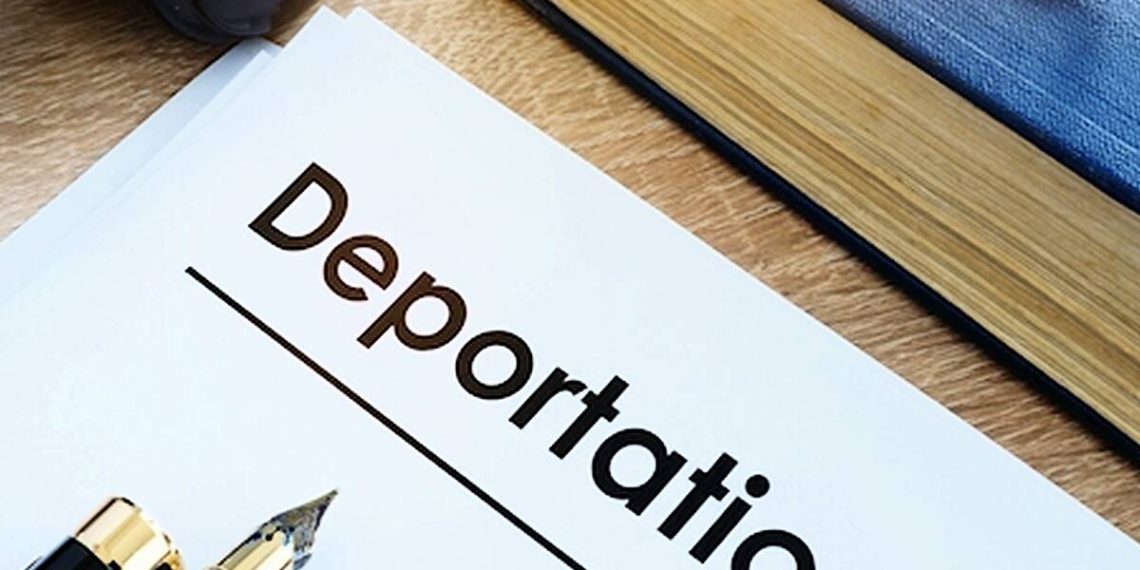adverts
A growing number of Ghanaian students in the United States are facing an unexpected and distressing challenge: sudden visa cancellations and looming deportation orders.
As immigration enforcement tightens under the second term of President Donald Trump, even legally documented students are now finding themselves vulnerable.
In recent weeks, several students from Ghana and Nigeria have received abrupt notices from U.S. immigration authorities stating that their F-1 or J-1 visas had been revoked.
adverts
In many cases, these students were given as little as seven days to pack up and leave the country — some without any prior warning.
The revocations, once rare among international students, now appear to be part of a broader policy shift. Immigration and Customs Enforcement (ICE) has begun applying the same aggressive tactics once reserved for undocumented immigrants to student visa holders. Some students only became aware of their visa cancellations when ICE agents confronted them on campus or in public.
One case that has shocked the academic community involves a Turkish PhD student in Massachusetts who was detained shortly after her visa was revoked. Officials cited her participation in political activities, raising alarm among international students everywhere — especially those who have attended peaceful protests or expressed views on global issues like the war in Gaza.
African students, in particular, seem to be disproportionately affected. Advocacy groups have documented multiple instances where students lost their visas over minor legal issues such as curfew violations, expired IDs, or unpaid tickets. More than 100 African students are currently pursuing legal action, arguing that they were targeted unfairly and denied a chance to explain or appeal.
The real danger lies in the speed and secrecy of the process. Once a visa is revoked, there is rarely any formal notice or hearing. Students are left scrambling to find legal support, notify family, or even retrieve their personal belongings before being forced to leave.
Ghanaian immigration experts and education advocates are sounding the alarm. They urge students in the U.S. — and those planning to study abroad — to be vigilant and take steps to protect themselves:
- Stay connected to your school’s international office for updates and guidance.
- Avoid any legal trouble, no matter how minor.
- Reconsider public political demonstrations or social media activity that could be misinterpreted.
- Consult a lawyer immediately if you receive immigration-related documents.
- Contact the Ghana Embassy in Washington, D.C., if threatened or detained.
At home, there are growing calls for the Ministry of Foreign Affairs and Ghana’s diplomatic missions to strengthen student support services abroad. Stakeholders are also pressing for better emergency preparedness, especially in states with high numbers of Ghanaian students.
Despite the anxiety, many Ghanaian students continue to excel in American universities, contributing meaningfully to innovation, science, and policy. But the environment is becoming increasingly unpredictable.
As the U.S. sharpens its immigration stance, Ghanaian families and students must remain informed, prepared, and cautious. Education abroad is still a pathway to global opportunity — but now, more than ever, it requires eyes wide open.
Click the link Puretvonline.com | WhatsApp Channel to join the whatsapp channel
GOT A STORY?
Contact/WhatsApp: +233243201960 or Email: manuelnkansah33@gmail.com


